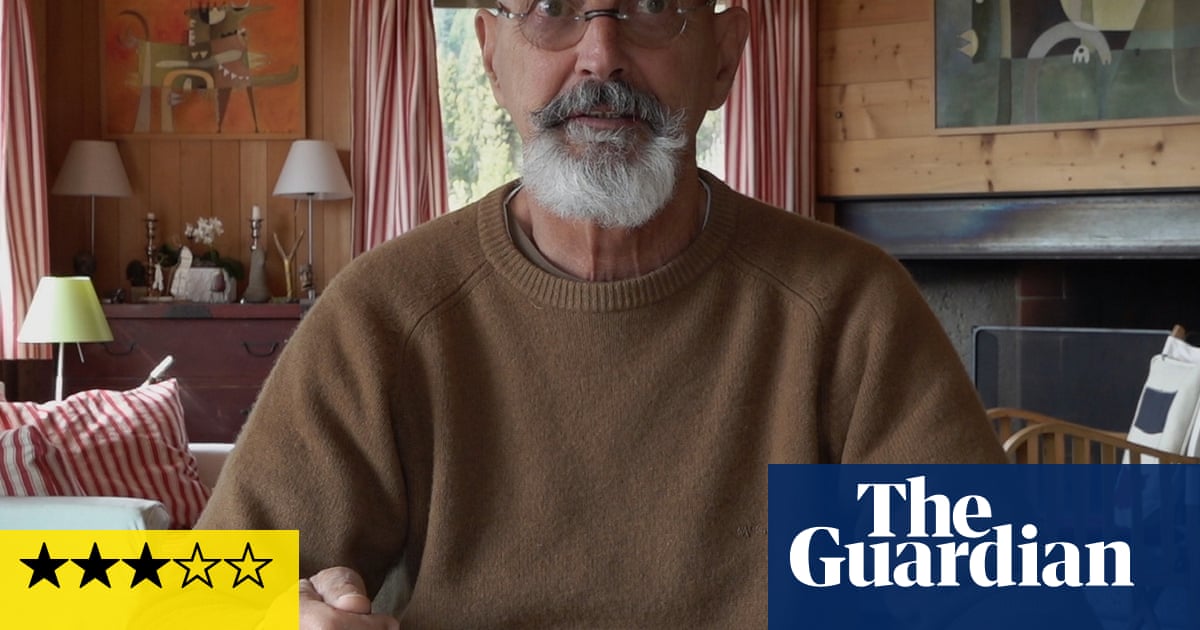The review of "Le Film de Mon Père" highlights the emotional and artistic journey of filmmaker Jules Guarneri as he navigates his father's recorded legacy. The documentary serves as a profound exploration of intergenerational dialogue, nostalgia, and the complexities of familial relationships. By examining the motivations behind the film and its narrative structure, we can better understand its implications within the broader context of personal storytelling.
Purpose of the Article
This review aims to provide insight into the documentary's thematic elements and its emotional resonance. By discussing the interplay between father and son, the article emphasizes the significance of personal narratives in understanding one’s identity and artistic expression. The underlying goal seems to be to encourage viewers to reflect on their own familial legacies and the impact of such histories on personal growth.
Public Perception
The review is likely intended to foster a sense of connection and empathy among readers, particularly those who may have experienced similar familial dynamics. It seeks to resonate with individuals who value introspective storytelling and the exploration of personal history. The narrative invites readers to consider their own familial relationships and the potential for dialogue across generations.
Hidden Aspects
There is no explicit indication that the article is attempting to conceal information. Instead, it focuses on the emotional depth of the documentary, which may inadvertently overshadow other critical discussions about the broader societal implications of personal storytelling in film.
Manipulative Elements
The article exhibits a low level of manipulativeness. While it employs evocative language to engage readers emotionally, it does not misrepresent the documentary's content or intentions. The narrative is honest about the film's exploration of regret and nostalgia, allowing readers to form their own conclusions without being led towards a specific viewpoint.
Truthfulness of the Article
The review appears to be a truthful representation of the documentary, as it aligns with the themes typically found in personal documentaries. It acknowledges the complexity of human emotions and the multifaceted nature of relationships, which adds credibility to its analysis.
Cultural Implications
The article subtly suggests that this documentary is part of a larger trend in cinema that prioritizes personal storytelling. It hints at a cultural shift towards valuing individual experiences and narratives, which may challenge traditional forms of filmmaking that focus on external, collective stories.
Support from Communities
The documentary and its review are likely to resonate with audiences interested in arts and culture, particularly those who appreciate introspective films that deal with familial relationships. Communities that value emotional storytelling and personal history may be particularly supportive.
Impact on Financial Markets
While the review itself may not directly influence stock markets, it highlights a growing interest in personal documentaries, which could impact the production companies involved in such films. Investors might take note of trends in audience preferences, potentially affecting companies that produce similar content.
Geopolitical Relevance
There is no direct connection to current geopolitical events, but the themes of legacy and personal history can resonate in various contexts, encouraging reflections on identity and belonging in a broader societal framework.
Use of Artificial Intelligence
It is unlikely that AI played a significant role in the writing of this article. However, if AI were involved, it could have influenced the narrative style by optimizing emotional engagement or structuring the review to emphasize key themes. The language used is consistent with human writing, suggesting that an AI did not dominate the content creation process.
After considering these aspects, the review of "Le Film de Mon Père" appears to be a trustworthy and insightful analysis of the documentary, emphasizing the importance of personal narratives in understanding familial legacies and artistic expression.
